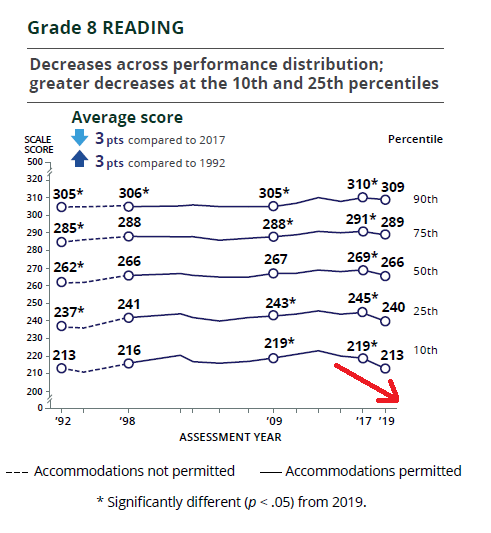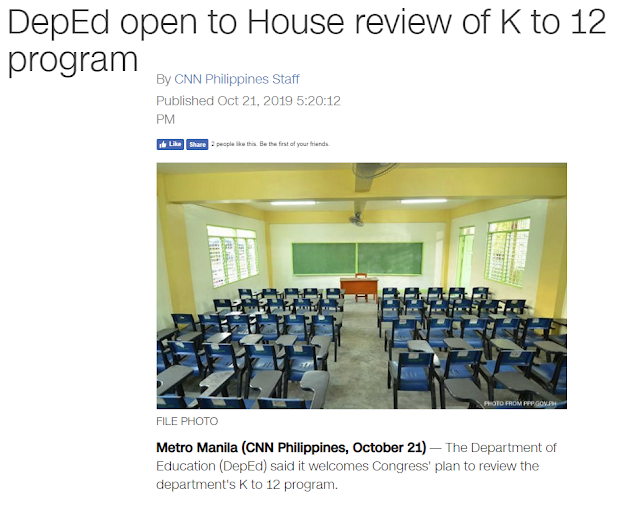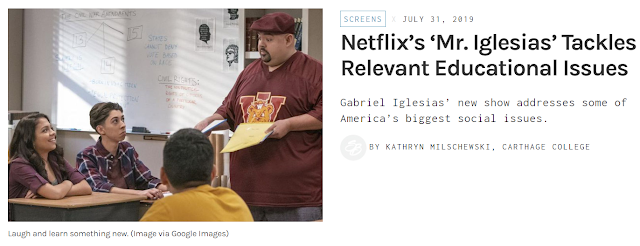The Cure To An Ailing Nation's Report Card: Address Inequity In Our Schools

The current Hunter Mill District Fairfax County School Board Member Pat Hynes, while sharing the previous post on this blog, Advanced Academic Programs Hurt Basic Education , wrote: If some kids are always reading below grade level, maybe that’s because we never hold them accountable for more. Labeling, sorting, and separating kids fosters a fixed mindset in teachers about their kids and, tragically, in kids’ own self awareness. With Pat Hynes not seeking reelection, Hunter Mill now has a choice between two candidates. No longer having Hynes on the school board can easily mean losing an individual on the board who recognizes and understands the scourge of inequity in basic education. Standing up for equity in our schools is clearly not a glamorous task. In Fairfax county, for instance, one can win the ire of its Chinese American Parent Association: Above copied from Chinese American Parent Association of Fairfax County Unfortunately, one of the candidates vying for...










